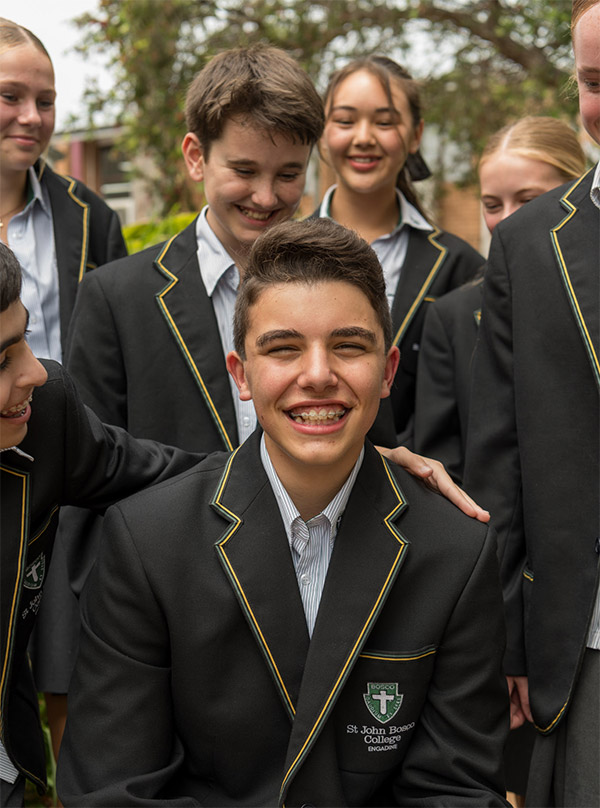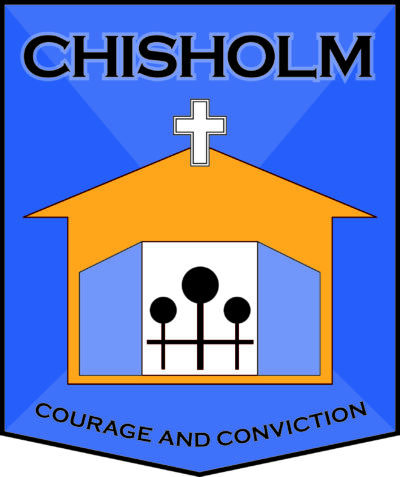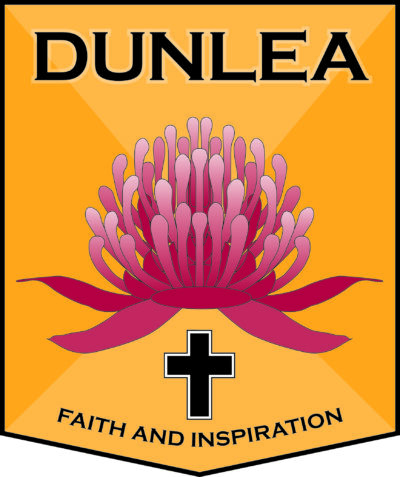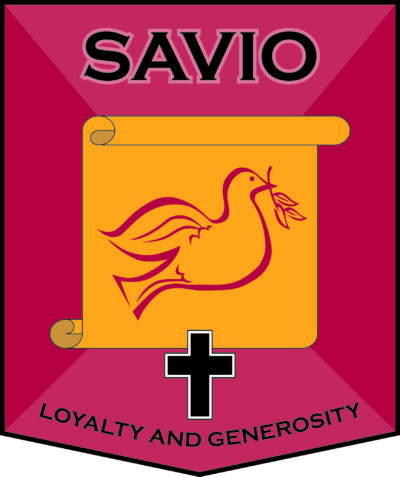Our school empowers students to organise themselves for daily school life by giving them the tools they need to succeed. Students are able to become independent, confident learners, which sets them up to navigate the complexity and challenges of the modern world.
This page is specifically for students currently enrolled at St John Bosco Catholic College Engadine and contains material thought useful by our student leaders and the student body, as determined via student voice initiatives. Be sure to check in regularly for college updates.
House System
St John Bosco College has a House System designed to motivate, recognise and reward the achievements of students across a variety of curricula and co-curricular areas of college life, and build teamwork and a sense of community via membership of a House group within a supportive environment.
The house system is designed to create a positive climate of healthy competition and rivalry between the four House Groups. House activities are intended to cultivate a sense of belonging and add fun, energy, enthusiasm and celebration to the daily experience of school.
Each House competes for the House Trophy. House activities of a sporting, cultural, academic and fundraising nature are organised throughout the year to promote House spirit.
Students are allocated to a House upon arrival at the college with siblings placed in the same House. Two House Captains, along with House Patrons are responsible for the general organisation of each House at the various carnivals and for developing a sense of house spirit.


 Caroline Chisholm was born in England in 1808 and died in England in 1877. However, she is primarily remembered for her contribution to Australian society. She is credited with creating the beginnings of welfare for the poor in Australia.
Caroline Chisholm was born in England in 1808 and died in England in 1877. However, she is primarily remembered for her contribution to Australian society. She is credited with creating the beginnings of welfare for the poor in Australia.  Fr. Thomas Dunlea was born in 1894 and died in 1970. He was the founding parish priest of Engadine and the founder of Boys’ Town, where there is a memorial stone in his honour to this day. In response to a promise to care for the “high spirited” son of a dying mother, he began his work for the welfare of disadvantaged boys and young men.
Fr. Thomas Dunlea was born in 1894 and died in 1970. He was the founding parish priest of Engadine and the founder of Boys’ Town, where there is a memorial stone in his honour to this day. In response to a promise to care for the “high spirited” son of a dying mother, he began his work for the welfare of disadvantaged boys and young men.  Mary MacKillop is expected to become Australia’s first saint. She was born in Melbourne in 1842 and died in Sydney in 1909. She came from a poor family and early in her life, worked as a shopkeeper and teacher to support her family.
Mary MacKillop is expected to become Australia’s first saint. She was born in Melbourne in 1842 and died in Sydney in 1909. She came from a poor family and early in her life, worked as a shopkeeper and teacher to support her family. Saint Dominic Savio was born in northern Italy in 1842 and is one of the few teenage saints in the history of the Church. He attended the school of St. John Bosco, who personally guided Dominic’s human and Christian development.
Saint Dominic Savio was born in northern Italy in 1842 and is one of the few teenage saints in the history of the Church. He attended the school of St. John Bosco, who personally guided Dominic’s human and Christian development.